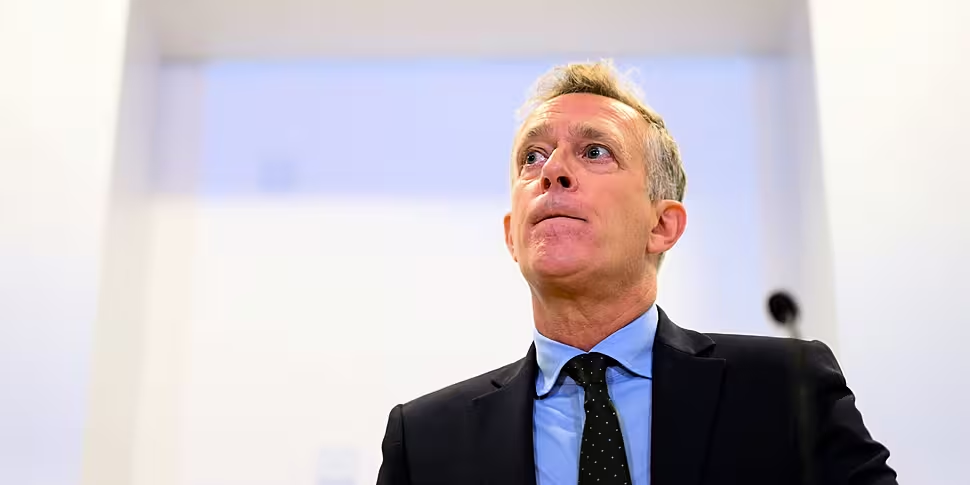The Football Association of Ireland’s (FAI) recent funding suspension wrongly puts finance in the news instead of football.
That’s according to Irish Independent Political Editor Philip Ryan following news Sport Ireland will delay its funding to FAI until it is no longer in breach of terms of its bailout.
In 2020, a Memorandum of Understanding (MoU) between the Government and FAI was created, and Sport Ireland recently reviewed FAI’s implementation of the agreement.
Part of the agreement was that CEO Jonathan Hill’s salary would not exceed the salary of the general secretary of Government, €216,000.
Journal.ie reporter Lauren Boland, however, said it has emerged Mr Hill was earning more than that.
“A report was done and found that he had received earnings in excess of that,” she told The Anton Savage Show.
“One was €12,500 in 2022 that was paid in lieu of holiday days that were undertaken – which also seems a very significant amount for holiday days.
“The other was €8,500 in commuting expenses from London.
“Mr Hill has said that situations being resolved – meaning that he's paying the money back - and calling it ‘a matter of a technical financial interpretation’.”
'How can you have confidence?'
Mr Ryan said FAI required €20 million to stay afloat in 2020.
“It’s so underage kids who get up this morning play their games, so the FAI Cup Final between St Patrick’s and Bohs can go ahead and all these things in the league could continue,” he said.
“It’s for all the important things that people dedicate their lives to on a voluntary level in a lot of cases.
“So, the idea that they are once again in the headlines and the FAI's finances are in the news rather than the actual football.
“How can you have confidence in an organisation like that?”
CEO wages
Mr Ryan said tying the CEO’s wage to the general secretary is fair when you “bear in mind the huge amount of money FAI gets from all of our taxpayers' contributions”.
“There has to be some sort of reality check for them as well - we're not dealing with Apple, it’s not Google.
“It's an organization running the football association for Ireland, which has got huge amounts of voluntary people.”
'Top-down or bottom-up?'
Ms Boland said capping pay is a dilemma across many sectors, pointing out that in recent years, lecturers’ pay in universities had to match civil servants’ pay.
“That caused a big fuss in the university sector because they were saying they can't recruit internationally renowned lecturers and experts to Irish colleges because of these caps on salaries,” she explained.
“But then equally, some of these universities have lots of students and financial hardship and maybe would they be better off putting funding into resources for students and things like that?
“It’s a question of targeting the bottom-up or the top-down.”









